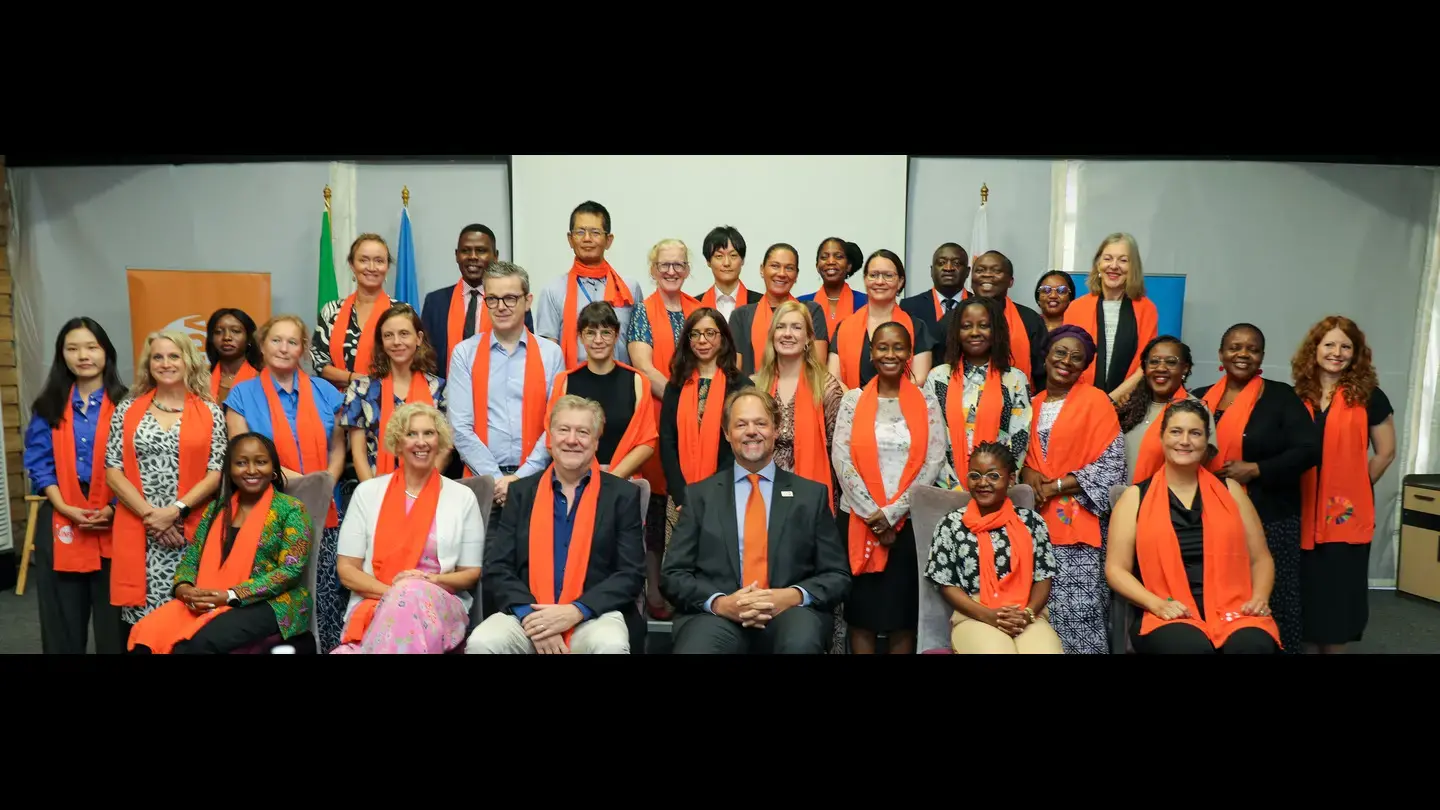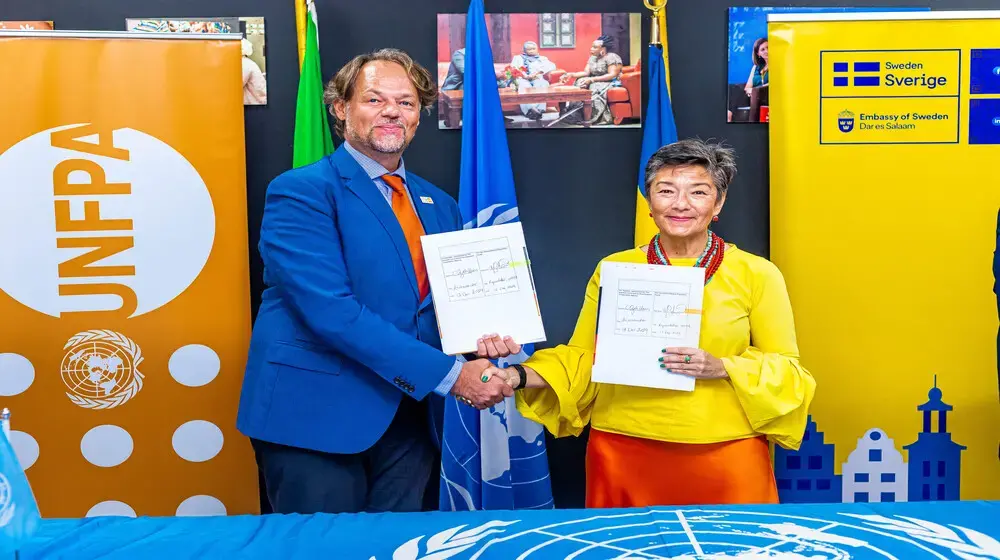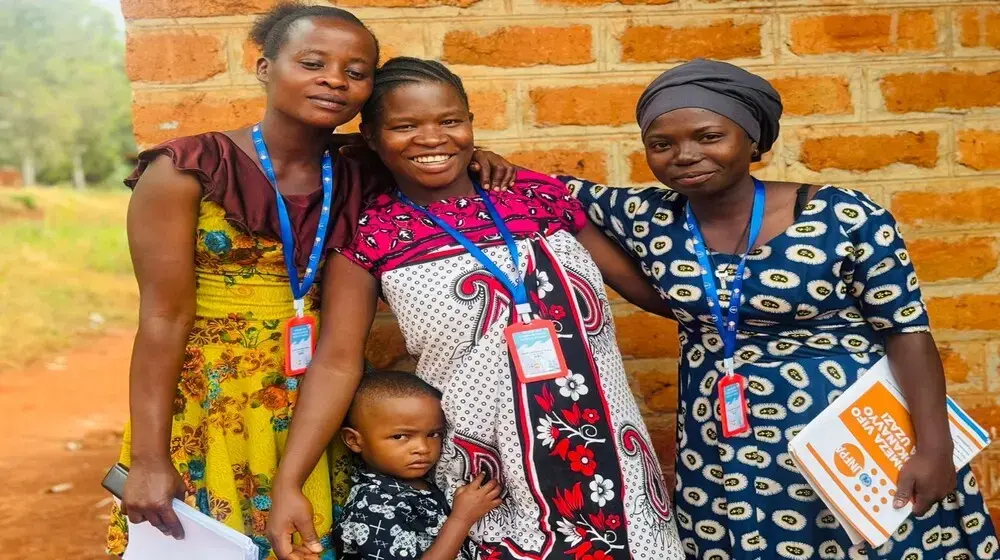UNFPA Tanzania refocused attention on accelerating the promise of Cairo in the run up to World Population Day on 11 July 2019. From 9 to 11 July, UNFPA, with the support of the Dodoma Regional Office, and in partnership with Dodoma Regional Referral Hospital and development partners – both national and international – set up a “health village” in Nyerere Square, Dodoma, where people could access a range of sexual and reproductive health services. Two vehicles travelled around the outskirts of the capital to broadcast the event.
Around 1,000 people, most of them between 18 to 35, visited the village and were able to access voluntary family planning and reproductive health cancer screening services. The African Youth and Adolescent Network (AfriYAN), a youth-led and youth-serving organization, was on hand to ensure that information and services were accessible for adolescents and young people in a region that has one of the highest teenage pregnancy rates in the country at 39 per cent.
Concurrently on 9 July, UNFPA invited 16 members of the Tanzanian media to an Editor’s Forum to engage them as allies in ramping up efforts to secure commitment and political will to finally and fully implement the Programme of Action adopted by the International Conference on Population and Development (ICPD) in 1994 in advance of the Nairobi Summit on ICPD25, 12 to 14 November 2019. A similar dialogue will be held with editors in Zanzibar on 26 July 2019.
On World Population Day, which called for global attention to the unfinished business of Cairo, we launched the State of World Population Report 2019, “Unfinished business: the pursuit of rights and choices for all.” The report traces the progress made in advancing reproductive rights since UNFPA began operations in 1969 as the first United Nations agency to address population growth and reproductive health needs, and in the 25 years since the ICPD in Cairo.
In Tanzania, there has been a steady increase in the number of women exercising their right to choose a modern method of family planning; more women attend a health facility to give birth; and more women are assisted by a skilled attendant during delivery, but gains have been uneven and inequalities still exist, and too many lack agency, education and access to critical reproductive health services. In short for the women and girls of Tanzania there is still a long way to go to live up to the promise of Cairo.
What the future holds in terms of population dynamics, contraceptive use, and sexual and reproductive health and rights more broadly will both determine and be determined by the ability of women and girls to achieve their full potential as members of society. And this will be determined, in no small part, by how Tanzania takes forward the ICPD achievements and addresses the shortfalls. What is without question is that it is time to fulfil the promises made to Tanzania’s women and girls 25 years ago.




